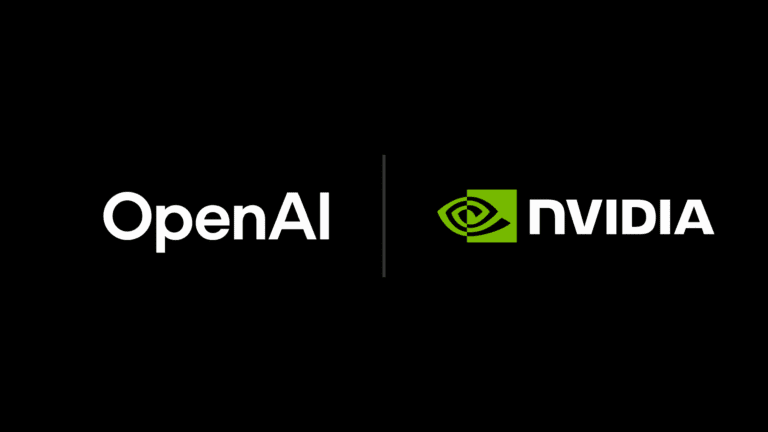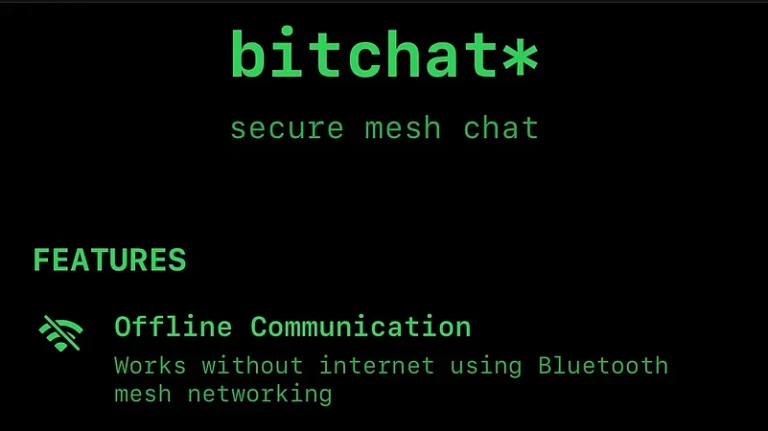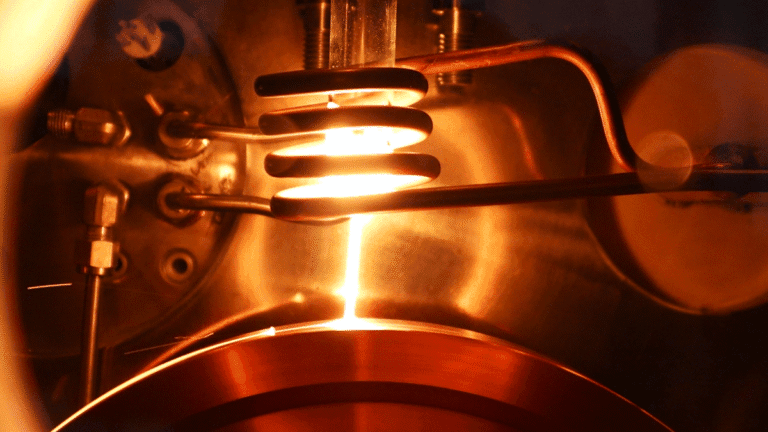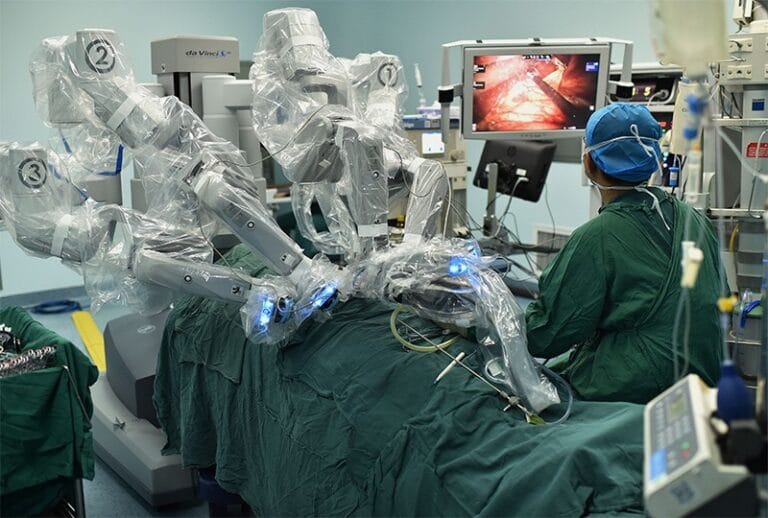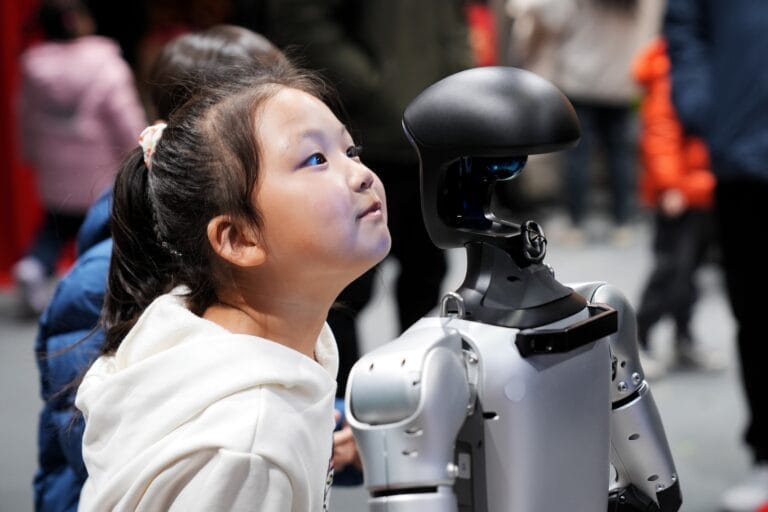ChatGPT Defeats Doctors in Diagnosing Illnesses: A New Era for AI in Healthcare?

In a groundbreaking development, OpenAI’s ChatGPT has demonstrated diagnostic capabilities that surpass those of experienced medical professionals in specific scenarios, raising intriguing possibilities for the future of healthcare. A recent study compared the AI’s performance to that of doctors in diagnosing illnesses based on patient symptoms and medical histories, and the results have sparked widespread debate.
The Study
The trial involved a comprehensive dataset of anonymized patient cases, including rare and complex conditions. Doctors and ChatGPT were tasked with analyzing symptoms, lab results, and imaging data to suggest diagnoses. Astonishingly, ChatGPT outperformed the doctors in diagnostic accuracy for certain rare conditions and displayed a broader spectrum of potential diagnoses.
For example, the AI excelled in identifying conditions like autoimmune diseases and atypical presentations of infections, which often elude even seasoned physicians due to their complexity and rarity. In over 60% of the cases involving rare diseases, ChatGPT’s top diagnosis matched the confirmed medical condition, compared to 45% for human doctors.
What Makes ChatGPT So Effective?
ChatGPT relies on vast databases of medical knowledge, real-time updates, and pattern recognition far beyond human capabilities. Unlike doctors who may rely on memory or experience, the AI processes a patient’s data with lightning speed and offers suggestions informed by billions of medical records and studies.
“AI’s diagnostic strength lies in its ability to aggregate and analyze data without cognitive bias or fatigue,” said Dr. Priya Verma, a lead researcher in the study. “This gives it an edge in areas where human judgment might falter due to information overload or time constraints.”
Implications for Healthcare
The results of this study have led to mixed reactions within the medical community. Some see ChatGPT as a revolutionary tool that could improve early detection, especially in underserved regions with limited access to specialist care. Others worry about over-reliance on AI, pointing out that clinical judgment, empathy, and contextual understanding are irreplaceable.
Dr. Ramesh Kulkarni, a practicing internist, expressed cautious optimism. “While AI tools like ChatGPT can augment our diagnostic processes, they cannot replace the nuanced decision-making and patient interaction that come with years of medical training.”
The Challenges Ahead
Despite its success, ChatGPT is not without flaws. Critics argue that AI models might generate false positives or miss subtle cues that a trained physician would recognize. Privacy concerns also loom large, as patient data must be securely handled during AI-assisted diagnoses.
Regulatory frameworks are yet to catch up with the rapid advancement of AI in medicine. Questions about liability in case of diagnostic errors and the ethical implications of AI-driven decisions remain unresolved.
A Collaborative Future?
Rather than viewing AI as a replacement for doctors, many experts advocate for a collaborative model where human expertise and AI capabilities complement each other. ChatGPT’s diagnostic prowess could serve as a second opinion or assist in triaging patients, allowing doctors to focus on more complex tasks requiring human insight.
As healthcare systems worldwide grapple with resource shortages and rising patient demands, tools like ChatGPT might become indispensable allies in delivering timely and accurate care.
For now, one thing is certain: the age of AI in healthcare is no longer on the horizon—it has arrived. Whether this marks the dawn of a healthcare revolution or simply a powerful new tool remains to be seen.
